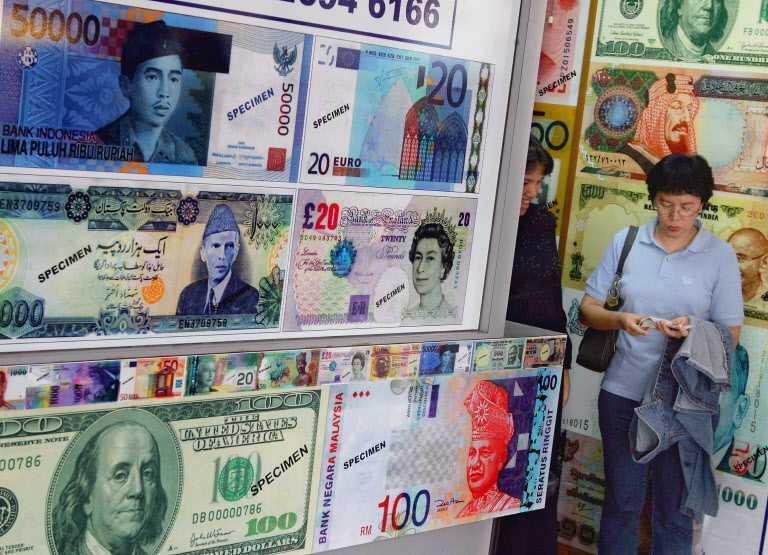Ringgit slump no measure of economic situation, says PM
Anwar Ibrahim says economic growth in 2022 exceeded the pre-pandemic level and is expected to continue growing.
Just In
Prime Minister Anwar Ibrahim today said that the ringgit's performance against the US dollar or any other currency should not be used as a yardstick for the country's economic situation.
In a written reply during the Prime Minister's Question Time, he said while the ringgit had slumped against the US dollar, the rate of economic growth in 2022 had exceeded the pre-pandemic level and was expected to continue growing at between 4% and 5% this year.
Anwar, who is also the finance minister, said Malaysia's GDP in 2023 was expected to grow 5.6%, beating other countries in the region such as Indonesia (5%), China (4.5%) and Vietnam (3.3%).
"The decline in ringgit exchange rate experienced in the near term is largely driven by the strengthening of the US dollar," he said in response to Putrajaya MP Radzi Jidin in the Dewan Rakyat.
"The same situation is also being experienced by major currencies such as the Japanese yen, the Australian dollar, the Korean won, the Chinese renminbi, the Singapore dollar and the Philippine peso, which have also depreciated against the US dollar this year."
Last week, the ringgit declined over the RM4.60 level, reaching RM4.6110/6165 against the US dollar on the evening of June 1 after four consecutive days of decline.
It rebounded slightly on Friday to 4.5745/5785.
The ringgit reached its lowest level ever on Nov 4 last year, hitting RM4.7465 against the US dollar and exceeding the level of RM4.7250 recorded on Jan 7, 1998 during the Asian financial crisis.
This morning, it opened at RM4.5950/6000 against the US dollar as investors took a cautious approach to the global outlook.
To an additional question by Radzi, Anwar acknowledged that the ringgit depreciation would affect imported inflation and lead to an increase in costs.
He added however that the situation was being monitored by a number of ministries, giving the example of how the government had addressed the shortage in supply of chicken and eggs.
Anwar, the Tambun MP, also denied that the government was reducing subsidies, saying this was only applicable to the T20 high-income group, to cover the subsidies for the middle-income (M40) and low-income (B40) groups.
Subscribe to our newsletter
To be updated with all the latest news and analyses daily.
